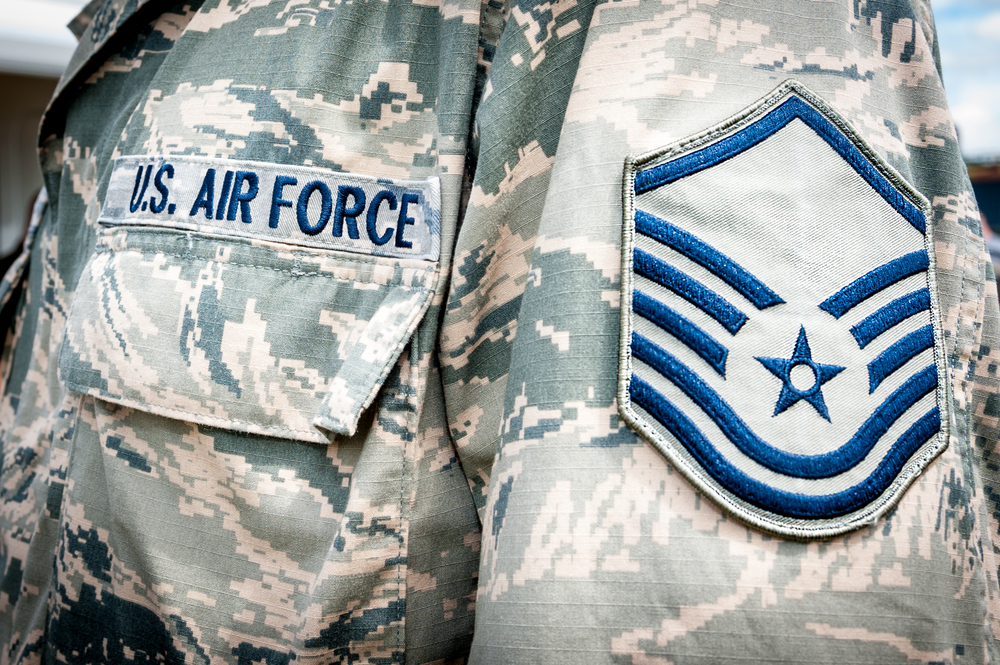
Top Air Force leadership convened last week in Grapevine, Texas, to discuss critical issues and upcoming changes within the Air Force at the 50th annual Airlift/Tanker Association Symposium.
“We have returned to an era of great power competition where the challenges we face are complex and require creative solutions,” Air Force Chief of Staff Gen. David L. Goldfein said at the conference. “One of our jobs as leaders is to create the environment to unleash the brilliance in this room to think through these challenges and acknowledge that there are opportunities resident in each.”
The speakers explained that leadership has rescinded or reduced thousands of outdated Air Force Instructions and encouraged Airmen to embrace innovation.
“We stop telling Airmen how to do everything, and tell them what to do instead,” Secretary of the Air Force Heather Wilson said.
Empowering Airmen to find the best way to meet mission requirements is just one of the ways top Air Force leaders are preparing the force for the new era.
It was also announced that the Air Force is extending the high year of tenure from eight to 10 years for senior airmen, from 15 to 20 years for staff sergeants, and from 20 to 22 years for technical sergeants.
“I want to get after those things that equate to lethality and readiness so we can all pay tribute to a long, courageous heritage of not being afraid to make the changes that we need,” Chief Master Sgt. of the Air Force Kaleth Wright said.
He encouraged Airmen to embrace change.
“Change is what we do because we have to,” Wright said. “Our enemies are changing. The threats are changing, so it’s only natural that we change to maintain our competitive advantage. We’re doing what we need to do to maintain a lethal and ready force.”
Among the changes on the horizon are improvements to basic training and a revamp of the Enlisted Performance Report.
“The most significant thing that I will be working on over the next two years is a new performance management system,” Wright said. “Most of the responsibility lies with supervisors. I think that responsibility should lie with the member, and the supervisor is there to validate what you’ve done.”
The Air Force has also made strides toward improving the quality of life for Airmen. For example, it created more-flexible parental leave policies, eliminated many additional duties, and added opportunities for mobility pilots to select a flying-only career track. Goldfein added that the best way to retain Airmen is to ensure their service is rich in experience.
“When it comes to retention, I actually think the things we do to improve quality of service are going to have more-lasting impact than quality of life,” Goldfein said. “I’ve never had an Airman come back to me from a deployment and say, ‘Hey, in this entire deployment I went on, man this food was good. That was the best room I’ve ever stayed in.’ But I have had an Airman come back to me and say, ‘I trained to do that mission my whole life, and I was part of something really special. I’m going to remember that forever.’”




